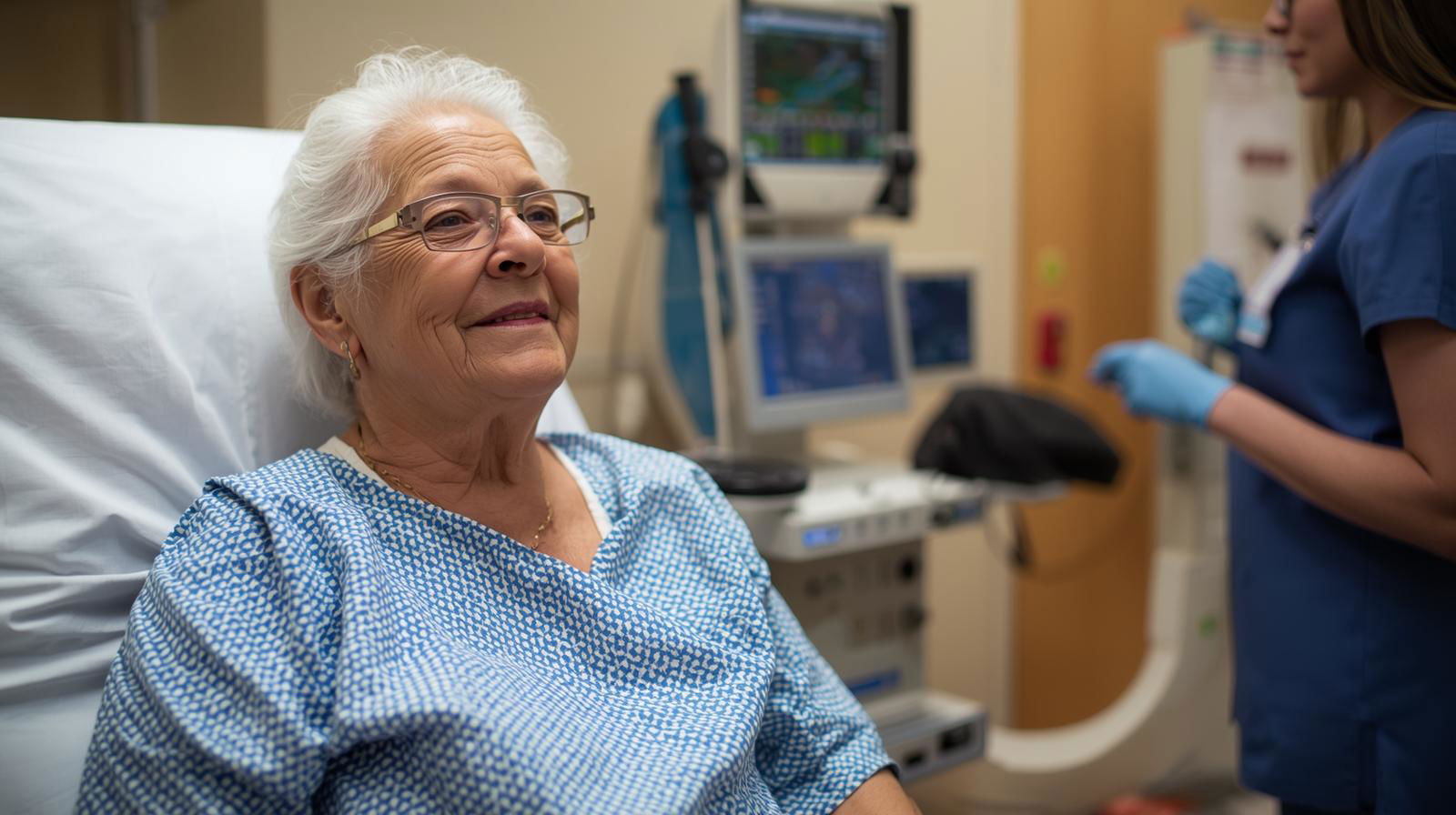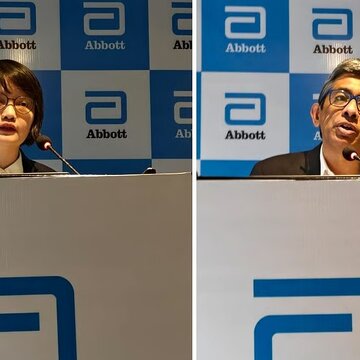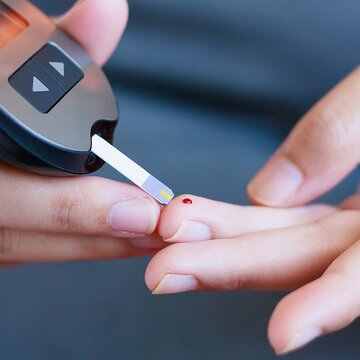November 7 is observed as National Cancer Awareness Day in India, a day meant for creating awareness about the prevention of cancer, its early detection, and timely treatment. The annual celebration also marks the birth anniversary of Marie Curie, the Nobel laureate whose pioneering studies of radioactivity laid the foundation for many of the modern cancer treatments.
The day reminds one that many kinds of cancers are preventable, while many can be detected early, significantly improving survival rates. Since the Ministry of Health and Family Welfare officially promoted it, the observance has grown into a public-health campaign across India, pushing the message that awareness leads to screening and screening saves lives.
Also Read | 'It’s only an exam': Teachers and parents share how to help children beat exam stress
Early diagnosis is the real game-changer
India continues to shoulder a heavy burden of cancers, among which are oral, cervical, and breast cancers. Late diagnosis has always been a big issue, for which medical help is usually sought when the disease has reached a rather advanced stage. “Early diagnosis changes everything - survival, quality of life, and cost of treatment,” the NDTV article noted, citing a 2025 systematic review showing that earlier detection consistently leads to better outcomes across multiple cancer types.
A bike rally was organised in Mysuru by the School of Public Health and the Department of Oncology, JSS Medical College and Hospital, in association with the Department of Health and Family Welfare, to mark the day. The rally was flagged off from the JSS campus and traversed the city, passing prominent city landmarks like the Ramaswamy Circle and City Railway Station Circle, to create awareness on prevention and early detection.
A statement from the organisers outlined the burden of India's cancer challenge-estimated 14 lakh new cases yearly-and sought to dispel myths that cancer is contagious. The note drew attention to a worrying rise in cancers among younger populations, often driven by lifestyle factors such as poor diet, stress, tobacco use, and physical inactivity. “Early detection remains the most effective way to combat cancer,” the statement emphasised, urging regular screening for breast, cervical, oral, and colorectal cancers.
Meanwhile, health experts across the country voiced similar opinions. Dr. Madhavi Nair, Consultant–Surgical Oncology at Manipal Hospital, Sarjapur Road, told Mathrubhumi: "Fear should lead to action, not paralysis. Early detection can make the difference between a difficult battle and a victorious one"
Dr. Harish E, Surgical Oncologist at KMC Hospital, Mangalore, reiterated that “screening improves cure rates, reduces the need for aggressive therapy, and enhances quality of life.” He outlined the key screening guidelines:
Breast Cancer: Women who are aged between 40–74 years should undergo Mammograms every 1–2 years
Also Read | Sleeping till noon for six months? Here’s what it does to your body and mind
Cervical Cancer: Women who are aged between 21–65 should get Pap smears every 3 years or HPV tests every 5 years.
Colorectal Cancer: Adults of 45-75 years must undergo a colonoscopy every 10 years or routine stool tests.
Lung Cancer: Those who are heavy smokers between the ages of 50-80 years old should consider annual low-dose CT scans.
Oral Cancer: Tobacco, alcohol, or betel nut users should have annual oral checkups.
Prostate Cancer: Men over 50, or over 45, are in high-risk groups, should discuss the testing of PSA with physicians.
Doctors then urged citizens to participate in the government-supported community screening programs available at primary health centres and district clinics, underlining that these services offer practical entry points for appropriate diagnosis and referral. With India battling cancer on all fronts, the core message of the day will never change awareness and vigilance save lives. As Dr Nair put it: “A single screening can rewrite your future — because when cancer is found early, treatment is simpler, survival is higher, and hope is stronger.”











